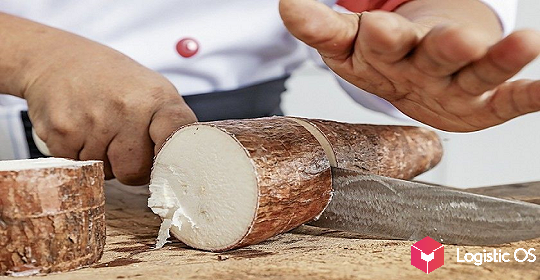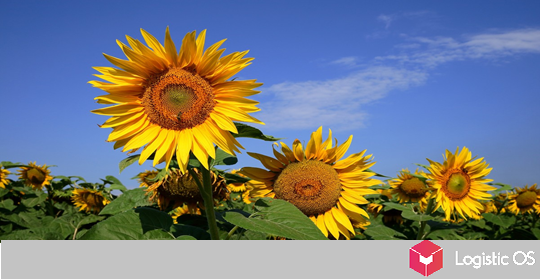The Russian Syngenta, a «daughter» of the foreign company of the same name, plans to raise prices very strongly in the next six months.
Already from September 1, it is planned to increase by 12%, and from January 1, 2024 — by another 10%.
The two-stage increase, according to the company, is done «for the comfort of buyers.»
However, this may become a serious challenge for Russian farmers. Not only seeds will rise in price, but also plant protection products.
What is the reason for the price increase?
Syngenta itself explains it very simply: in recent months, there has been a powerful devaluation of the ruble, its value against the dollar is very much reduced, so the foreign parent company eventually receives less and less dollars from the activities of the Russian division, so even the question of its profitability arises.
The increase in prices should help offset (and even then only partially) the damage caused to the company by the depreciation of the ruble.
Could there be other explanations?
According to many experts, the company’s explanations about the dollar exchange rate are largely far-fetched: the cost of production has not increased due to the devaluation of the ruble, since production is carried out in Russia, from Russian raw materials.
More like Syngenta staged another «demarche». The first was in February, when she sent out letters to her clients that she planned to leave the Russian market, but subsequently «changed her mind.»
This time, perhaps, the whole point is that a new government decree comes into force in Russia, which greatly tightens the requirements for foreign seed producers for localization in the territory of the Russian Federation.
In fact, we are talking about the mandatory transfer of technology, and foreign companies do not like it very much.
The ruling comes into force on September 1, as well as Syngenta’s decision to raise prices — this is hardly a coincidence.
How can I solve the problem?
The most obvious and practically the only way out is to develop import substitution, thereby reducing dependence on foreign companies, many of which, moreover, occupy a practically monopoly position in the Russian market.
«The current monopoly position of foreign companies in the seed market is forcing farmers to accept unfavorable conditions at the expense of their own profitability,» said Mark Gecht, managing partner of the Russian breeding and seed company Ruseed.
So far, the government plans to focus on cooperation with those companies that will work according to the new rules and whose behavior will be more predictable. Whether Syngenta will be among them, we will find out in the near future.

